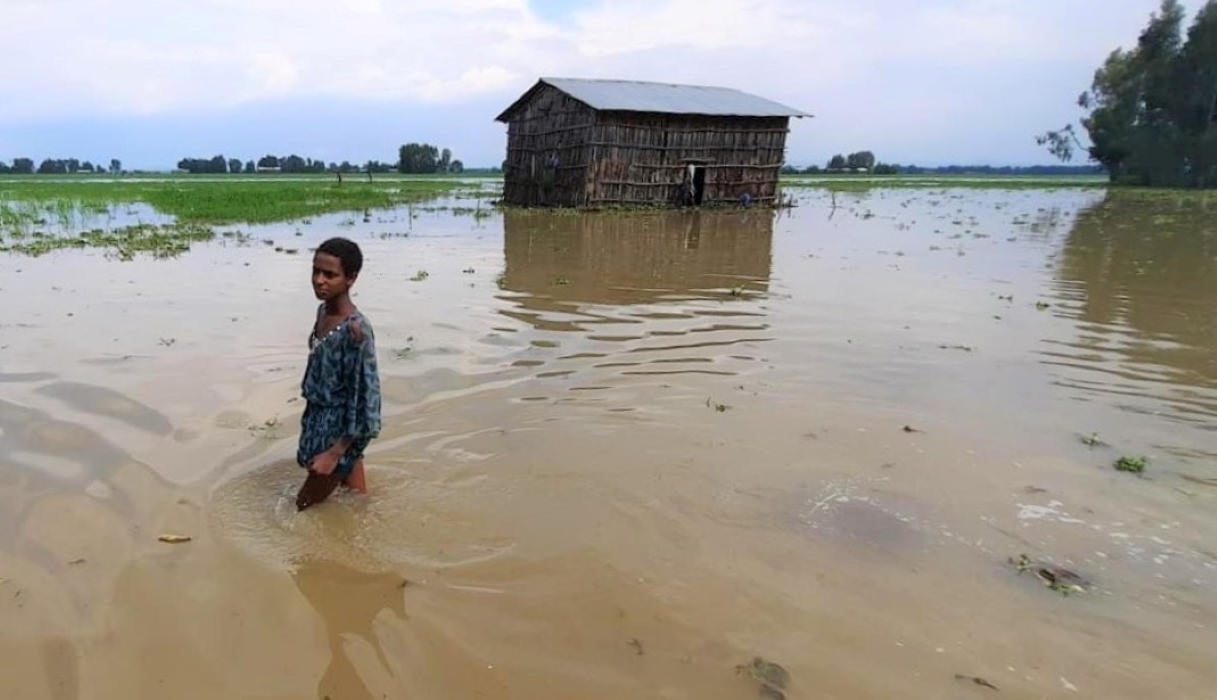Devastating floods in Tonga, Dadin-Kowa call for urgent action
Dadin-Kowa, a once thriving community in the heart of Gombe State, has recently fallen victim to a natural disaster—floods. This calamity, with its destructive force, has left a trail of devastation in its wake, affecting countless homes, farms, and the vital road connecting Gombe, Borno and parts of Adamawa. In the aftermath of the floods, […]

Dadin-Kowa, a once thriving community in the heart of Gombe State, has recently fallen victim to a natural disaster—floods. This calamity, with its destructive force, has left a trail of devastation in its wake, affecting countless homes, farms, and the vital road connecting Gombe, Borno and parts of Adamawa.
In the aftermath of the floods, the scale of the destruction is heartbreaking. Homes have been reduced to rubble, farms lay submerged, and vital infrastructure, particularly the key road arteries, have been rendered impassable. Families are displaced, livelihoods are shattered, and hope is waning.
Dadin-Kowa is not just a dot on the map. It is a crucial junction that connects Gombe, Borno and parts of Adamawa. Its closure disrupts regional transportation and trade, causing a ripple effect that reverberates far beyond this community.
Today, we call upon our state and federal governments to recognise the gravity of the situation in Dadin-Kowa. The community is in dire need of assistance and support to rebuild lives and infrastructure. The time for urgent government intervention is now.
- Army discovers bombs in Ikeja 21 years after blast, begins clearance
- Force headquarters takes over case of 2-year-old boy killed by NDLEA operatives
Without swift and substantial government intervention, the repercussions of this flood will continue to mount. Food scarcity, increased displacement and economic hardship will become the new reality for the resilient people of Dadin-Kowa.
The plight of Dadin-Kowa cannot be overstated. The time for action is now. We implore our government to swiftly come to the aid of this community, offering both immediate relief and a roadmap to long-term recovery.
Abubakar M Bappah, Department of Mass Communication, University of Maiduguri
